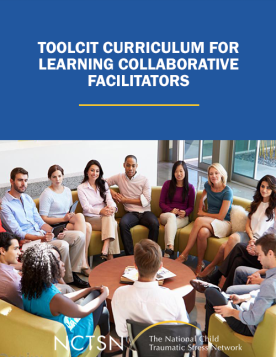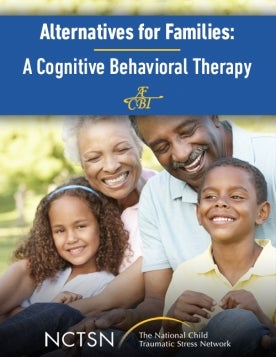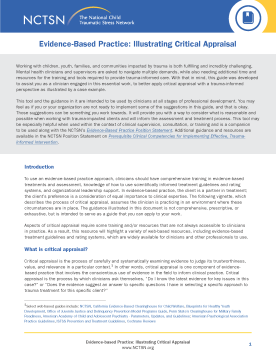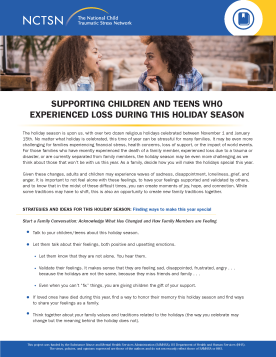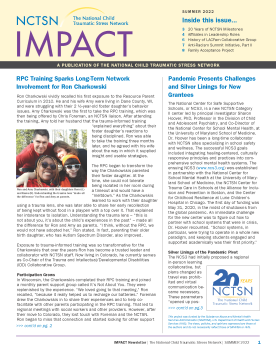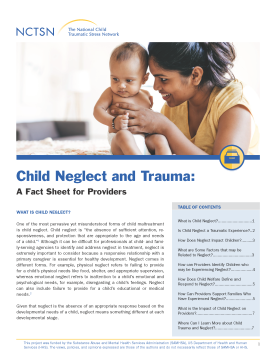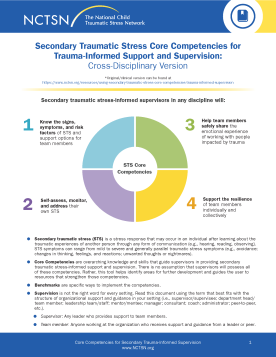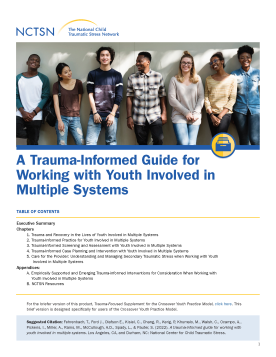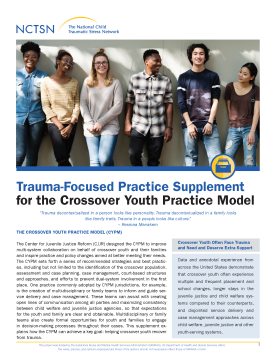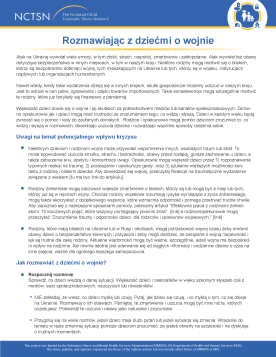
Talking to Children about War (in Polish)
Offers information for caregivers on how to talk to children about war. This fact sheet includes the potential impact and considerations when talking to children about war, how to start the conversation, understanding media coverage, and how to foster resilience. Translated 2023.
